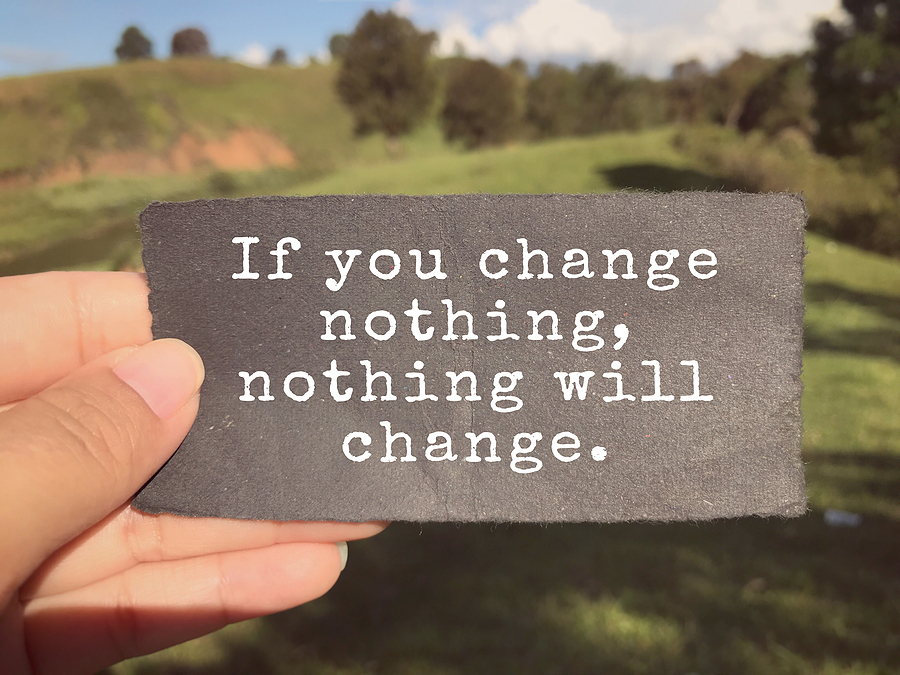How to be your own life coach
Feeling isolated or disillusioned are common reasons for seeking help from a life coach. But it is possible to work through these issues yourself
No one knows you better than you know yourself. So, given the right tools, you can find solutions to your own problems, whether that’s feeling lonely or that you’re not getting enough out of your life right now – and that’s the premise of self-coaching. As well as being kinder on your wallet, DIY coaching can help build self-awareness and encourage you to take charge of your ups and downs – something we can all benefit from. ‘Life coaching is seen as something proactive, with tools and strategies to help improve and fine-tune,’ says psychotherapist, counsellor and life coach Maggie Morrow.
While life coaching won’t help with everything, it is very useful when used in the right way ‘Coaching alone doesn’t deal with complex underlying issues,’ says Morrow, ‘but it does empower people with the means to change things.’ Morrow estimates that 75% of change comes from the work that you put in, so try the following exercises to boost your life day-to-day.
Beat loneliness
‘People can become isolated when withdrawing is used as a coping strategy,’ says Morrow. ‘They often don’t want to feel they’re a burden to others.’ Morrow believes that if you feel like this, you should make a conscious effort to banish negative self-talk. ‘Mindfulness apps like Headspace and self-help books on building self-esteem can help change your inner dialogue,’ she says. And while government guidelines might have limited real-life meet-ups, never underestimate the power of a socially distanced walk. ‘Do something that gets you out,’ says Morrow. ‘Walks in the park are a great starting point – just get outside.’
Pick up a hobby
Feeling that life lacks meaning is a common reason for seeking life coaching. ‘This is normally because someone’s not connecting with what’s important to them,’ says Morrow. ‘Hobbies are a brilliant path to helping people break out of disillusionment.’ So try an online class, or take up a craft. ‘The stuff that makes you feel curious and excited is the energy of who you are.’
Identify your strengths
If you’re seeking self-improvement, you’ve already got determination, says Morrow. ‘Look at your qualities – this helps you start building on what exists, to form the foundation for change. Look for evidence across your life – how did you get to where you are? What skills enabled that?’ Knowing where you can excel enables you to aim higher.
Try journalling
Jotting down some affirmations when you wake up can be a great way to motivate yourself. ‘In the morning, write down 10 intentions for the day on the left-hand page of a notebook. This sets you up for a better day,’ says Morrow. Then, in the evening, write a gratitude list to entrain a more positive outlook. ‘Use the right-hand page of your notebook to list eight to 10 things you’re thankful for.’
Find more great health and lifestyle content in healthy magazine
Written by Hattie Parish
Latest posts by healthy Magazine (see all)
- The five best easy moves to stay fit at any age - June 28, 2021
- How to have glowing skin in your 50s - June 1, 2021
- Should you be eating more plant-based? - May 5, 2021
- Four things that could be causing your thinning hair - March 29, 2021
- What type of headache do you have? - March 1, 2021





















